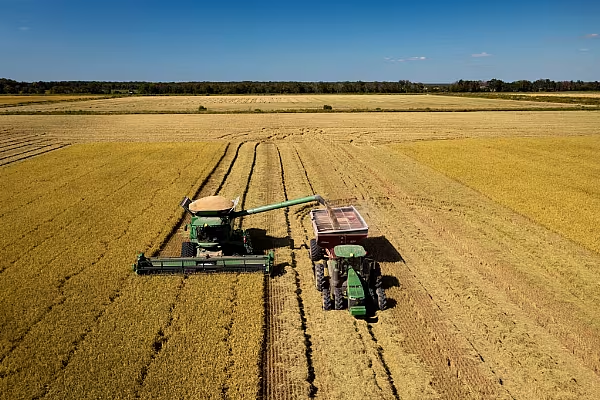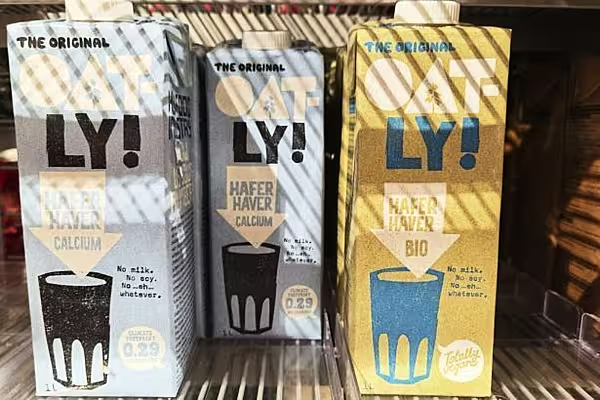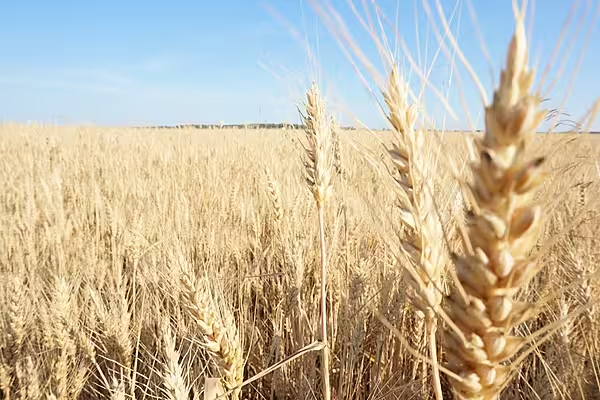Extreme weather threatening Brazilian crops and last year's slump in agricultural chemicals sales are pressing concerns for the country's pesticides industry in the new year, a local lobby told Reuters.
Though companies are still finalising estimates for agro-chemical sales in Brazil for 2023, Eduardo Leao, head of CropLife, cited potentially dismal results after a tough season that followed two strong ones.
A 'Difficult' Year
"2023 was a really difficult year," Leao said, estimating companies' revenues fell between 20% and 30% from 2022. "If the weather helps, if we have humidity in January and early February, we still have the opportunity to have a second (grain) harvest that wouldn't be so bad."
CropLife also expects a 10% to 15% drop last year in the value of crop chemicals applied in Brazil, which sector lobby Sindiveg pegged at $21.7 billion (€19.6 billion) in 2022.
Farm powerhouse Brazil, one of the world's biggest pesticides markets, is critical for companies like Bayer and BASF, which CropLife represents.
Despite being a large market, it still relies on imports from nations like China and India for some 35% of supplies, according to government data cited by CropLife.
New Law
At the end of last year, a new law designed to streamline registration of pesticides was enacted in Brazil, whose tropical climate requires more chemicals to control pests.
The bill took 24 years to make it out of Congress and did not end quite as the sector had expected.
CropLife expressed 'surprise' at presidential vetoes of some of its provisions, including one regarding pesticide re-evaluations, which the bill had instructed the agriculture ministry to coordinate.
The final version of the law, on the other hand, enshrined a two-year deadline to complete registration of new pesticides, a process that used to take up to seven years, Leao said.
The new law also set harsher penalties for those producing, storing or shipping illegal pesticides, a boon to an industry which estimates about 20% of Brazil's pesticides market is made up of adulterated or smuggled products, according to CropLife data.











